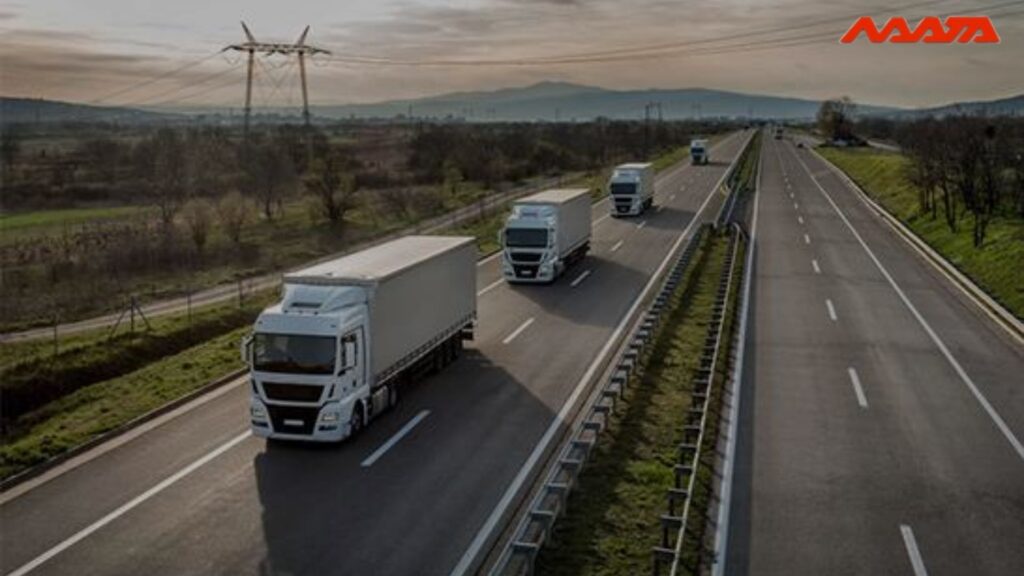Is Low Carbon Truck Transportation an Option?
Table of Contents
Low Carbon Truck Transportation ?
In India’s major cities, traffic jams and dirty air are a daily occurrence, despite the fact that the ordinary Indian contributes only a negligible amount of CO2 emissions to global warming. Road transportation patterns, on the other hand, vary widely from city to city and district to district. Delhi is the most polluted city in India, and its emissions are now more twice as severe as those in Mumbai, Bangalore, and Ahmedabad.
In the next few decades, the freight transportation industry will be confronted with a significant climate change dilemma. Several recent studies have estimated the magnitude of this problem in comparison to the baseline assumption that the increase in average global temperature from 1850 to 2100 must be less than 2 degrees Celsius.
You May Also Like To Read: Eco-Friendly Transportation – Reducing Carbon Emission In Logistics Industry
The Road Freight Industry is the Fastest Growing Source of CO2
About half of all fuel generated is used to transport products via road. Road freight accounts for nearly all of the net growth in worldwide fuel consumption from the year 2000. And from 2015 to 2050, the volume of road freight traffic is expected to more than quadruple.
By the year 2050, the predicted efficiency improvements will be outweighed by the expected rise in emissions. Global oil demand is being driven by trucks, which constitute the fastest-growing segment of the market. A 40% rise in demand for oil and 15% increase in world CO2 emissions may be attributed to them by the year 2050. In terms of oil consumption, trucks will soon overtake passenger vehicles.

What We Can Do?
Reduce Truck Emissions by Implementing Proven Decarbonization Techniques
Increasing the fuel efficiency of heavy goods vehicles is an essential part of reducing road freight’s carbon footprint. Aerodynamic upgrades, lower tire-rolling resistance, lighter vehicles, better engines, and hybridization all provide results.
Ambitious criteria for fuel economy and CO2 emissions will aid widespread implementation. Heavy-duty trucks must be included in this group. The use of alternative fuels in urban freight is a viable option.
Prices, stricter emission standards, zero-emission zones and recharging infrastructure should be considered in the policy process. Fleets with a lot of vehicles can benefit from incentives for the use of alternative fuels.

Increasing the Amount of Data Collected in Order to Make Evidence-based Judgments
Logistics relies heavily on data. This presents a great opportunity for evidence-based decarbonization policy calibration. Indicators critical to making policy choices, such as vehicle capacity utilisation although they are often controlled by private firms.
For public policy objectives, access to this information is essential. It’s possible to make use of it without violating anyone’s privacy or business interests. It is also necessary to enhance the quality of data analysis. Policymakers and industry might benefit from new modeling methodologies and more disaggregated approaches.

Highlights
A wide range of fuel choices are available to significantly minimise road transportation’s carbon footprint. They include renewable hydrogen and power, as well as low-carbon biofuels.
At the moment, none of these alternative fuels can compete with traditional fossil fuels, and reducing emissions to a marginal level is more easily accomplished through increases in engine economy and some first-generation biofuels, such as those used in hybrid electric cars.
Because the costs of alternative-fuel cars and low-carbon biofuels are expected to continue rising, it is imperative that R&D funding continues to be increased.
You May Also Like To Read: Automation In Supply Chain Management, Logistics And Road Transport – The Benefits
Thanks For Reading: Is Low Carbon Truck Transportation an Option?
Powered By 360Presence




